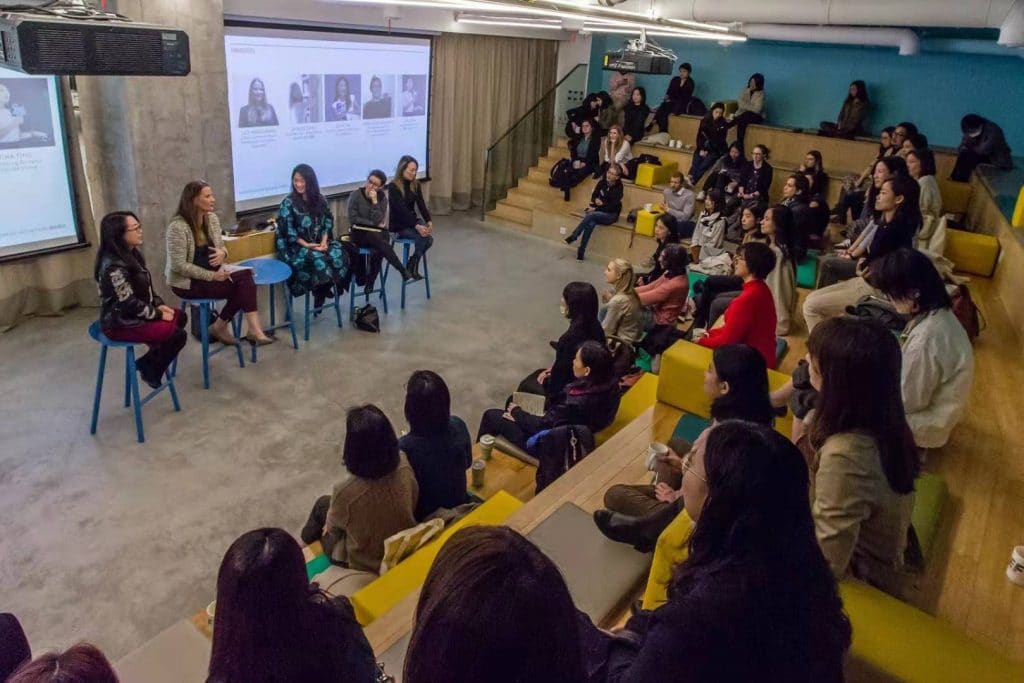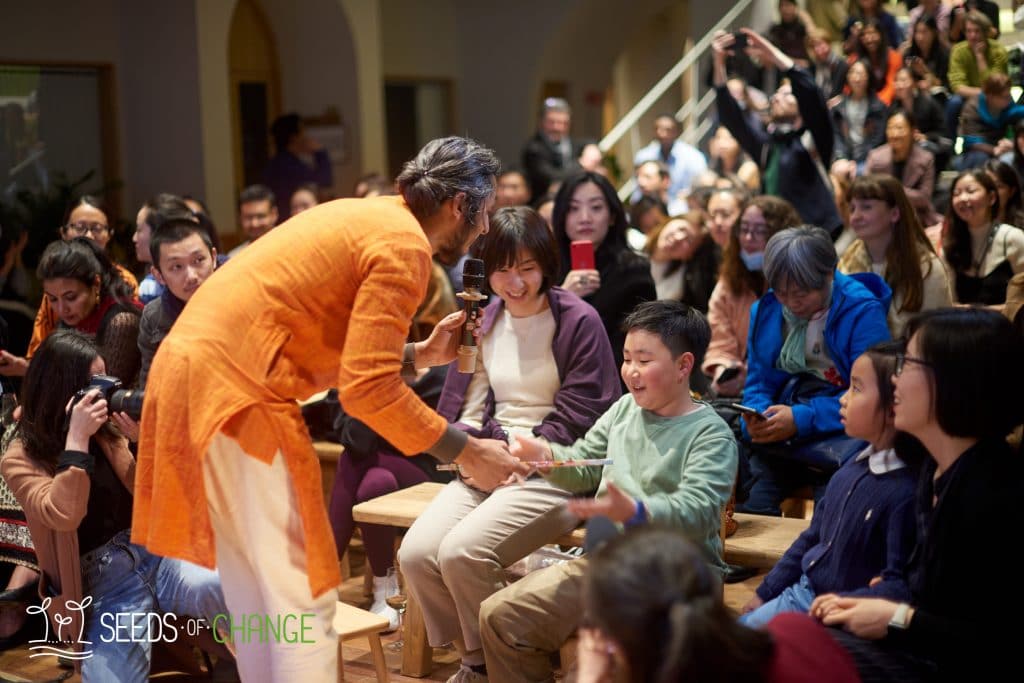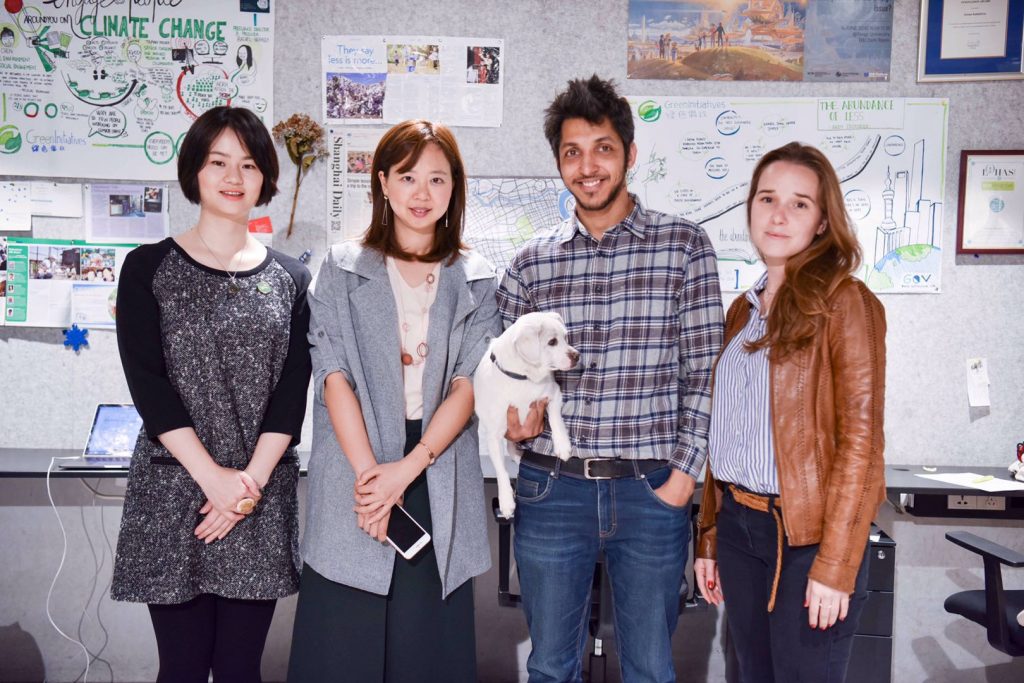Among the millions of visitors to Shanghai’s Expo 2010 was a young Indian architect who had come to China after finishing a stint working in Singapore. For Nitin Dani, it was to be the start of an 11-year journey in the city which has seen him work in branding, clean tech, business incubation, sustainability and holistic health. He recently spoke to CDB.
In 2010 Dani began leading the Shanghai chapter of Green Drinks, a monthly meetup in over 600 cities around the world for people who have an interest in environmental protection.
“It has a very organic-type structure,” says the 38 year old. “People simply get together and have a casual drink while talking about environmental challenges and social issues.”
He found that he really enjoyed the format, connecting with people and sharing knowledge, and he and his group of volunteers quickly started to expand the range of activities offered each month.
“While at first we would typically invite a guest speaker to talk about something, we eventually started showing documentaries on environmental and social issues. And over time we began to grow.”
In 2013 Green Drinks became Green Initiatives. By that point, the organization had started to work with a number of local companies and schools, giving talks on sustainability and waste management, with the monthly social gatherings becoming just one of a number of initiatives that Dani was running.
By December 2014, Green Initiatives had become quite heavily involved with CSR projects, delivering everything from training workshops to themed activities, while operating effectively as a non-profit organization.

“My goal has never been to make money, but to create a greater, more tangible social impact. I learnt very quickly that running a charity was not a virtue but a limitation, and that it doesn’t matter how you do it – as a nonprofit or business – as long as you can maximize your impact.”
Visiting a range of companies, both Chinese and foreign, has given Dani considerable insight into how individuals think about environmental issues – if they think about them at all, as well as how challenging it can be to encourage businesses to do more on green issues, as opposed to simply having a few training sessions so something can be put in a CSR report.
“It’s important to remember that when you’re working in the CSR space the budgets are usually quite small,” he says, commenting on the often limited resources companies allocate to this area.
“Also, the kind of sessions we do are usually delivered in the company’s lunch hour. People attending are often busy or distracted. Maybe in a room full of attendees you will find that only around 10 or 20 percent are really engaged and listening.”
“I just don’t feel like people are engaged with environmental issues – that is the main problem. Now of course we can try and make our sessions more fun. When we do activities that are more hands-on, typically we find that people will stay focused and engaged.”
While some might imagine that Western companies are ahead of the game on thinking green, Dani feels that this is only partially true.
“International companies are not especially proactive with this in China because a lot of these initiatives have started abroad and then simply been transplanted here. However local companies are definitely still behind in taking CSR seriously, although perhaps our outreach to Chinese firms could also be better.”
Despite feeling that there is sometimes a lack of engagement from participants at the corporate events Green Initiatives runs, Dani says the organization gets good feedback — but he feels that events are a lot more engaging when done in the public realm.
In 2016 Green Initiatives was legally registered as a consultancy, making it easier for the firm to offer its services to companies, although it has continued to operate on a non-profit basis – ploughing a big portion of the money it makes into Dani’s other project – Seeds of Change, which started the same year.
“Seeds of Change started out as an environmental program for school kids focusing on waste management, biodiversity and sustainability,” explains Dani. “But since then there have been a number of different versions.”
The current version, launched in 2020, is an online platform accessible through WeChat. It is designed to be a comprehensive wellbeing platform – a subject that Dani grew interested in through his work at Green Initiatives. And although Green Initiatives operates as a social enterprise, Seeds of Change has largely operated on a non-profit basis.
“As I stepped back and began to ask myself why people were not more concerned about the environment, I began to look at things in a more holistic way. People go to school and learn all these theoretical subjects – supposedly it’s to help us find a job, but we aren’t really being prepared for living life. So we really have to take a step back and work out how we can give people better knowledge and information on ethics, leadership, mental health, and other real life skills.”

Through Seeds of Change, wellness practitioners can advertise events such as workshops, mindfulness sessions, trips, forums and talks. While Green Initiatives and its predecessor have put on thousands of events, workshops and activities, with Seeds of Change Dani was looking for something that could easily be scaled up.
“It’s really a platform offering inclusive, accessible learning. There’s a lot of small and medium-sized organizations out there doing this kind of thing, but there wasn’t a dedicated platform helping them to access resources and grow their customer base. Most simply don’t have the resources to promote themselves and get the word out.”
For the platform’s 13,000 users, Seeds of Change offers a one-stop shop where they can access any kind of wellbeing support or event they’re interested in. It charges a small fee to those who want to promote an event or service – money that goes back into helping the platform grow. Dani’s team also routinely organize talks, screenings and music events under the Seeds of Change brand to introduce important concepts to people – mainly on self-development topics.
Going forward, he hopes that Seeds of Change and Green Initiatives will continue to thrive as more people hear about them, with the continued support of a small number of full-time staff and volunteers. Both organizations have also received considerable support from people who have benefitted from them.
But from next year, the work will have to continue without him. Dani plans to return home and set up an experiential learning center and retreat in a rural part of India.
“It’s almost like I’m returning right to the grassroots – all the way from the mountains where I grew up to the city, and back to the mountains again.”




